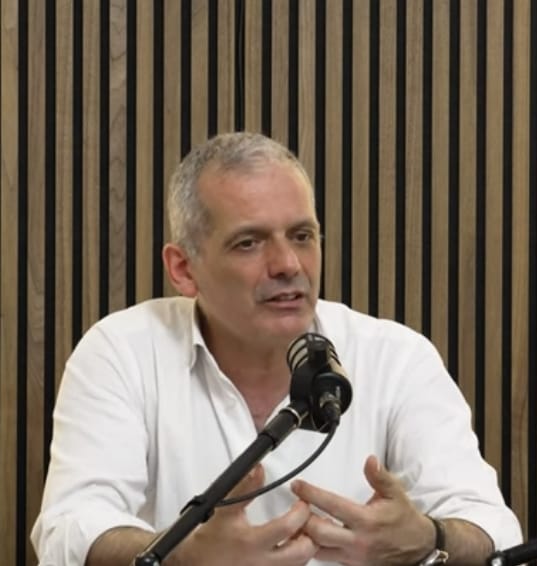Alzheimer's Fees: Uneba Lombardia Urges Fontana and Bertolaso

The avalanche of "Alzheimer's fees" continues to swell and grow in volume as it travels downstream: after the sentences ( read ), which have given reason, even in the Supreme Court (first civil section), to some caregivers on the fact that, since it is a pathology, the fees in the RSAs where their loved ones were hospitalised, should be paid by the NHS, after the sentences, as we were saying, appeals are pouring in.
There is also an increasing number of offers from law firms promising compensation back in time, even for up to 10 years, similar to what already happens for road accidents .
The avalanche is growing and could have a disastrous impact on the residences which, let us remember, are not all managed by large groups, such as Kos of the Cir Group (of the De Benedetti family, ed. ) or Korian-Segesta of the French group of the same name, but also by religious congregations, foundations, non-profit organizations, and sometimes even small ones.
These appeals could lead to a ruling before the state fully covers its share of fees or resolves any outstanding payments. Above all, in the meantime, patients' families could feel empowered to stop paying, creating disruption to the fragile economies of these communities.
Uneba, a long-standing organization that brings together non-profit organizations engaged in residential care for the elderly, is mobilizing to find a solution. The Lombardy branch of the Union, led by lawyer Luca Degani, presented a document last Friday to Governor Attilio Fontana and Welfare Councilor Guido Bertolaso urging the Lombardy Region to take an active role, intervening with the government and at the State-Regions conference, "to resolve the issue of 'free' residential care for people with Alzheimer's or other neurodegenerative diseases."
"Given the regulatory framework outlined above," the document sent to Lombardy's regional leaders states, "the uncertainties surrounding its application stemming from the recent Supreme Court ruling, and the potential financial consequences for the National Health Service (NHS), it is necessary to evaluate a regulatory intervention that, through better coordination of the aforementioned extensive legislation, is capable of better tailoring the NHS's intervention to the type of patient (Alzheimer's or other chronic disease), who, statistically, represent the largest segment of patients in long-term care facilities for the non-self-sufficient elderly."

Uneba reports the Veneto Region's proposal to the State-Regions Conference to amend Article 30 of the Prime Ministerial Decree of 12/2017, the latest and most current provision regulating the matter, so as to clearly include "patients suffering from 'Alzheimer's or other chronic diseases' within the 50/50 cost-sharing regime between the National Health Service and the patient or municipality for the less well-off."
A solution that could avert the avalanche, pending a law or a ruling from the Supreme Court, this time by a joint session.
For Degani, a solution covered by the National Health Service would be difficult for the NHS to sustain: "Today, there are 300,000 patients in residential care homes, over 85 years old, with three or more chronic conditions. If the etiological criterion for determining whether hospitalization is free or not was that of having a condition that requires hospitalization, they would have to be considered. Their care by the National Health Service would cost approximately 150 euros per day per person (compared to just under 50 euros that the system currently invests). It would follow that an additional 100 euros for every 300,000 people would require an additional 30 million euros per day, almost 12 billion euros annually, in additional healthcare funding for 0.5% of the population, given that the healthcare fund as a whole is just over 120 billion euros." The president of Uneba Lombardia observes that " if we add up what is already invested, we would end up spending 15% of the health fund on 0.5% of the population : it would mean", he concludes, "putting the entire Italian health system at risk".
- Tags:
- Alzheimer
- caregiver
- RSA
- Healthcare
With an annual subscription, you can browse over 50 issues of our magazine, from January 2020 to the present: each issue offers a timeless story. Plus, you'll get all the extra content like themed newsletters, podcasts, infographics, and in-depth articles.
Vita.it


